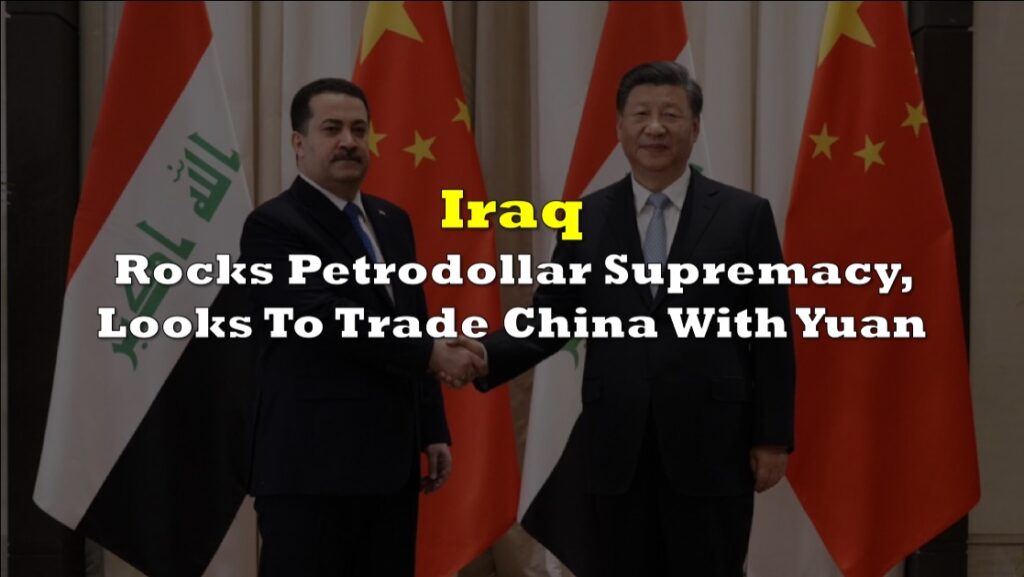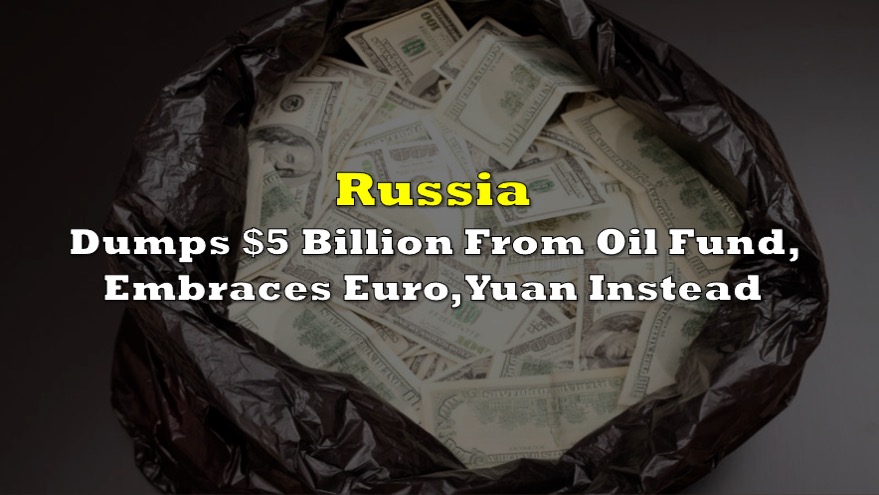The big-bad oil giant, Saudi Aramco, seems to have found an unlikely way to collect funds intended for climate-conscious initiatives via clever financial prestidigitation to fund its pipeline operations.
The company began a capital raise process in 2021 to secure $28 billion, but it wasn’t anticipated that ESG investors would end up involved in such a fossil-fuel-oriented endeavor. Aramco CEO Amin Nasser has previously criticized ESG, stating that ESG-based policies carrying an inherent bias against conventional energy projects can result in underinvestment and negatively impact global economy, energy affordability, and security.
Still, Nasser’s criticisms of the climate-conscious community aren’t stopping him from tapping into the same funds slated for sustainable initiatives. Aramco started the unorthodox web of deals with the creation of two subsidiaries —Aramco Oil Pipelines Company and Aramco Gas Pipelines Company, of which it sold 49% shares to consortiums led by EIG Global Energy Partners LLC and BlackRock Inc.
The funds for these transactions came from bank loans, which were then repaid by… selling bonds through newly formed Special Purpose Vehicles (SPVs), also known as Wall Street’s gift that keeps on giving. These SPVs, registered in Luxembourg and named EIG Pearl Holdings and GreenSaif Pipelines Bidco, peddled their bonds that ended up with a sparkling third-party ESG gold star thanks to JPMorgan’s sustainability screening.

Because of this cunning maneuver, these bonds made their way into JPMorgan’s ESG indexes. Investors like UBS, Legal & General Investment Management, and HSBC’s investment arm unwittingly got their green gloves dirty with this Aramco oil stain. Indeed, Nasser must be chuckling after his oil giant stumbled upon accidental environmentalism with a healthy chunk of ESG cash.
“Some ESG investors have invested in these package deals, even though it seems unlikely that they would have bought the oil and gas companies’ bonds on a stand-alone basis,” Anthropocene Fixed Income Institute CEO Ulf Erlandsson told Bloomberg.
Consequently, though, the setup means that more such securities could soon be part of the ESG indexes if financial watchdogs fail to intervene. Morgan Stanley analysts estimate the SPVs need to cough up about another $15 billion of debt to keep the Aramco pipelines running. Yet, financial giants such as EIG, BlackRock, JPMorgan, LGIM, and UBS have remained silent on the matter, with HSBC Asset Management confirming their SPV bond holdings without further comment.
Marsham Investment Management founder Maria Lozovik warns that due to non-transparent ESG rating methodologies, investors must conduct thorough due diligence to understand what they’re truly investing in. Some actively-managed ESG funds, including the BlackRock Sustainable Asian Bond Fund and the BlackRock Global Corporate ESG Insights Bond fund, have also bought into the bonds.
Although Aramco has announced plans to reduce its carbon footprint, the company anticipates its emissions will increase in the medium term. Most ESG rating entities slap low scores to Aramco, effectively blacklisting it from ESG funds. But, interestingly, Sustainalytics, one of the ESG data providers used by JPMorgan, rates EIG Pearl, one of the Aramco-related SPVs, as having low ESG risk, but gives Aramco itself a “severe” ESG warning.
The entire financing chain isn’t fully reflected in the ESG scores due to Aramco’s use of lease and lease-back agreements for its pipeline companies. The newly formed subsidiaries have access to Aramco’s pipeline networks via a leasing contract, and then they lease it back to Aramco, ensuring exclusive rights to the network.
However, this financing model is not unique to Aramco. Other Gulf companies, albeit not on the same scale, have used similar structures, which are becoming “relatively standardized” for Gulf Cooperation Council pipeline deals.
Information for this story was found via Bloomberg and the sources and companies mentioned. The author has no securities or affiliations related to the organizations discussed. Not a recommendation to buy or sell. Always do additional research and consult a professional before purchasing a security. The author holds no licenses.









